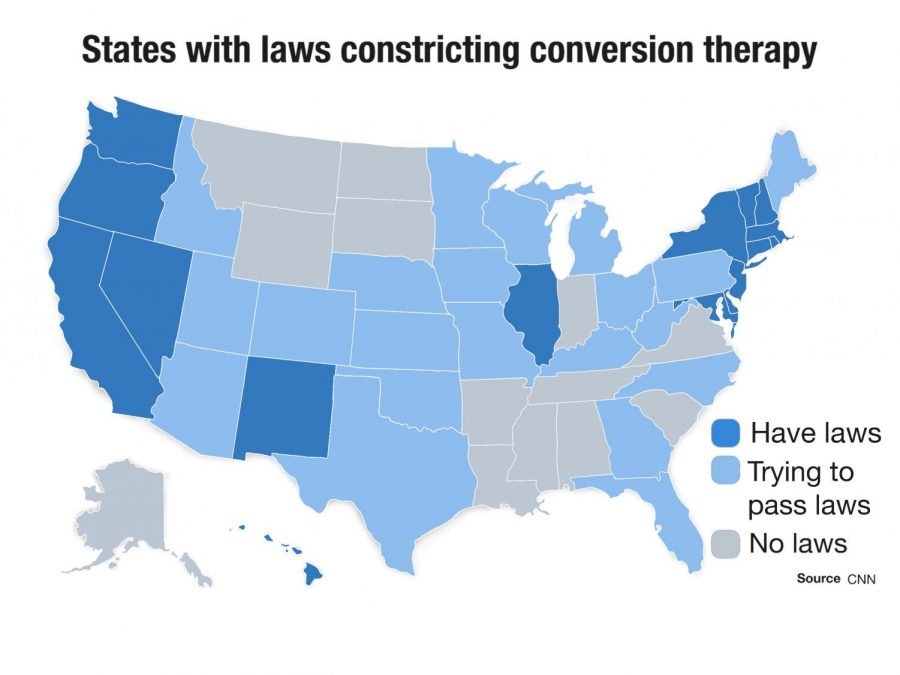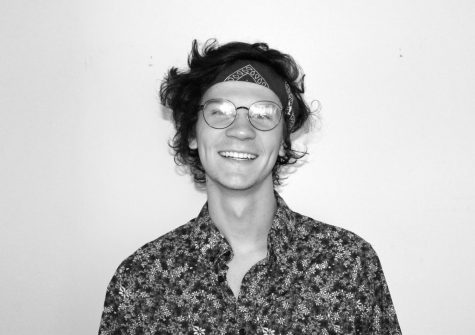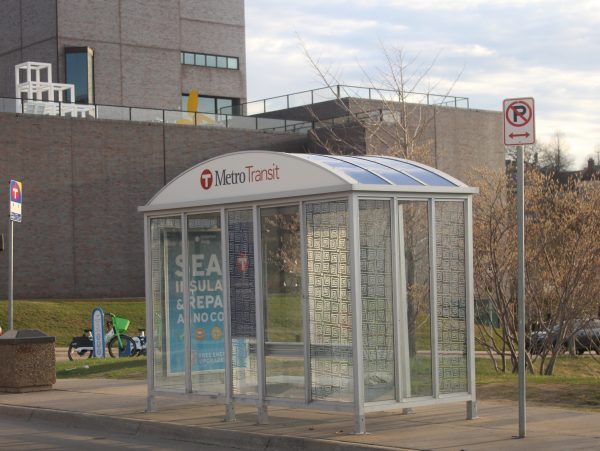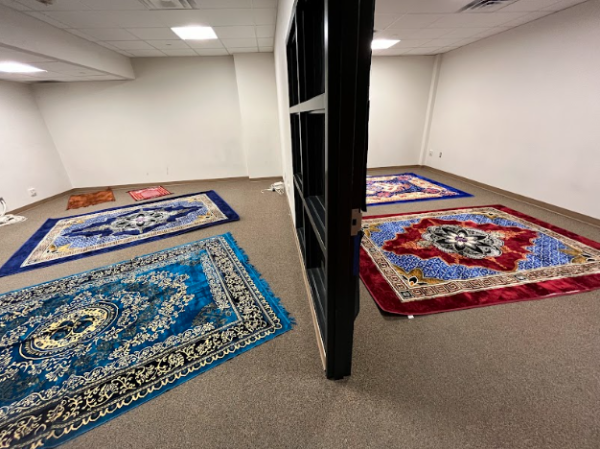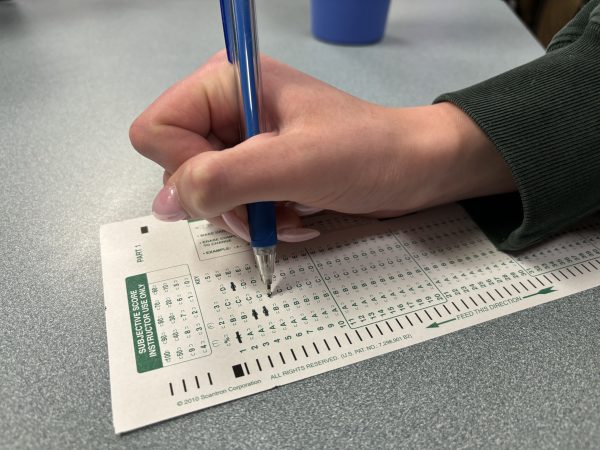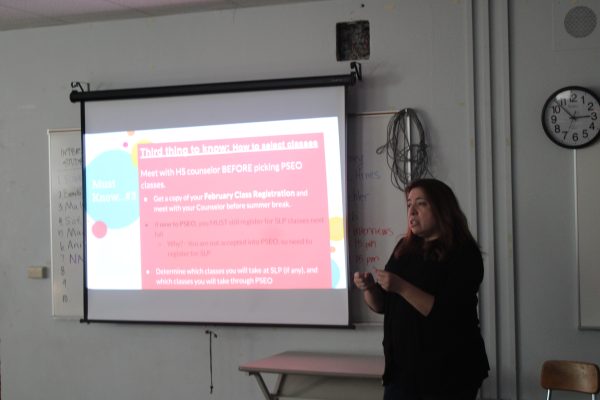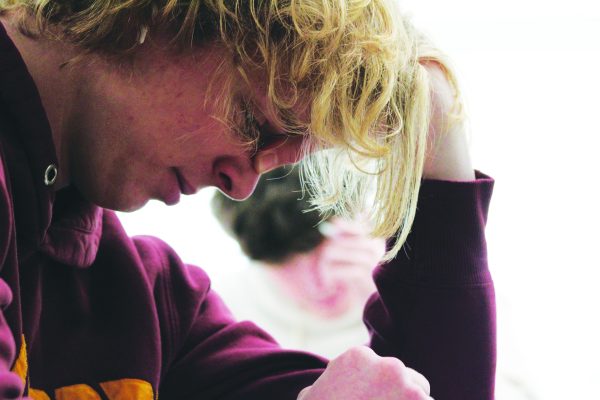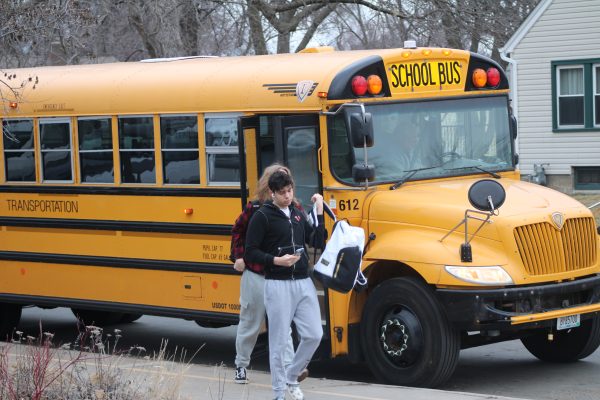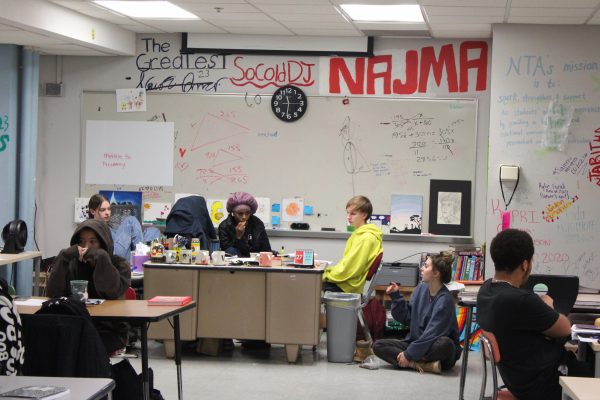Minneapolis City Council bans conversion therapy
Unanimous decision only effective in Minneapolis
December 7, 2019
As of Nov. 22, the Minneapolis City Council unanimously banned the act of conversion therapy, a process of trying to convert minors who identify as part of the LGBTQ+ community to become heterosexual or cisgender.
Minneapolis Ward Eight City Council member Andrea Jenkins said conversion therapy is typically performed on individuals without their consent.
“(Conversion therapy is) generally (done) through coercion tactics and generally against young people’s will. They are being forced into (conversion therapy) by their parents,” Jenkins said.
Senior Isaac Wahl said he believes conversion therapy should have been banned a long time ago.
“I am really glad it is banned, but I was also really surprised that it took this long for it to be banned. I mean, it’s 2019,” Wahl said.
Jenkins said the Minneapolis City Council hopes banning conversion therapy will help people become more confident in themselves.
“We hope that we eliminate those kinds of coercion tactics to get people to change their identity and allow people’s inherent right to self-determination to flourish,” Jenkins said.
Junior Carly Joseph said conversion therapy has had a negative effect on people who have endured it even though they deserve to live as they want to live.
“It was a really awful thing that people did to members of the LGBTQ+ community (because) people deserve to be who they want to be and love who they want to love,” Joseph said.
people deserve to be who they want to be and love who they want to love — Carly Joseph
Wahl said conversion therapy is unneccesary, and trying to manipulate one’s sexual orientation is detrimental.
“I am opposed to the idea of conversion therapy because I feel like, for me, there’s no reason to convert people,” Wahl said. “People should just accept who they are. It’s also not something that is controllable, so the idea of conversion a little bit unhealthy.”
Jenkins said there are numerous physical dangers of conversion therapy, especially for minors.
“Studies have shown there are higher rates of depression from people who go through conversion therapy, potential suicides because they feel like they don’t fit into the larger, broader cultural context,” Jenkins said.
Joseph said members of the LGBTQ+ still do not have equal rights in the United States, and there is still a ways to go before they are treated fairly.
“It is still acceptable in the United States for people of the LGBT(Q+) community to be denied service based on religious beliefs,” Joseph said.
According to Jenkins, continuing to pass legislature that will protect the LGBTQ+ community is necessary to create a safer country.
“We need to pass a fully inclusive ENDA (Employment Non-Discrimination Act) so that LGBT(Q+) people can access employment, housing, healthcare and all the things that make for healthy living,” Jenkins said.
Wahl said educaters could be doing a better job of educating students on what conversion therapy is and why it is harmful to LGBTQ+ youth.
“There’s a lack of conversation in terms of conversion therapy and I feel like a lot of people don’t know what conversion therapy is,” Wahl said. “Perhaps school districts or curriculum of some sort could bring more discussion about what conversion therapy is.”
Jenkins said there are things we can be doing for the LGBTQ+ community even at a local level.
“One of the things that can be done locally that would actually be supportive of trans(gender) and gender non-conforming people is (creating an) LGBT(Q+) center in this community,” Jenkins said. “When we help the most marginalized among us, everybody benefits.”



